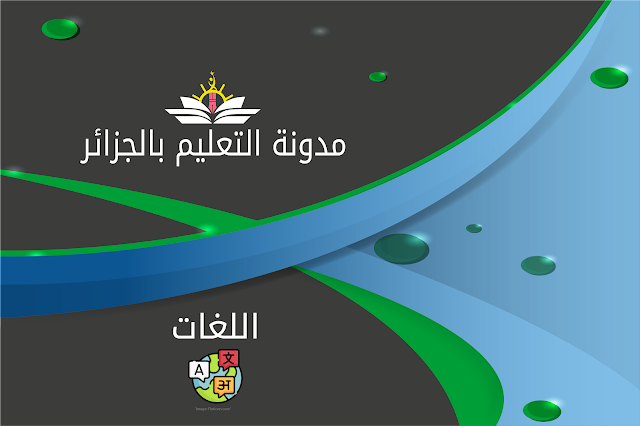English Conjunctions
A conjunction may be used to indicate the relationship between the ideas expressed in a clause and the ideas expressed in the rest of a sentence.
1. Coordinate conjunctions
Coordinate conjunctions are used to join two similar grammatical constructions; for instance, two words, tow phrases or tow clauses. The sun rose and the birds began to sing.
Coordinate conjunctions
And: in addition. She tried and succeeded.
But: however. They tried but did not succeed.
Or: alternatively. Did you go out or stay at home?
Nor: and neither. I did not see it, nor did they.
Yet: however. The sun is warm, yet the air is cool.
2. Correlative conjunctions
Correlative conjunctions are used in pairs, in order to show the relationship between the ideas expressed in different parts of a sentence.
For example: Either you should study harder, or you should take a different course.
Correlative conjunctions
Both… and. He is both intelligent and good-natured.
Either… or. I will either go for a walk or read a book.
Neither… nor. He is neither rich nor famous.
Not only… but also she is not only clever, but also hard-working.
Rather…than I would rather go swimming than go to the library.
Whether…or Have you decided whether you will come or not?
3. Subordinate conjunctions
Subordinate clauses may begin with relative pronouns such as that, what, whatever, which, who and whom, as well as with words such as how, when, where, wherever and why. In the following examples, the subordinate clauses are underlined.
E.g. The house, which stood on a hill, could be seen for miles.
I wonder how he did that.
In addition, subordinate clause may also begin with words which are commonly referred to as subordinate conjunctions. In the following examples, the subordinate conjunctions are printed in bold type.
E.g. because it was cold, I wore my winter coat.
Let us wait until the rain stops.
The subordinate conjunctions below are accompanied by their meanings and examples of use.












